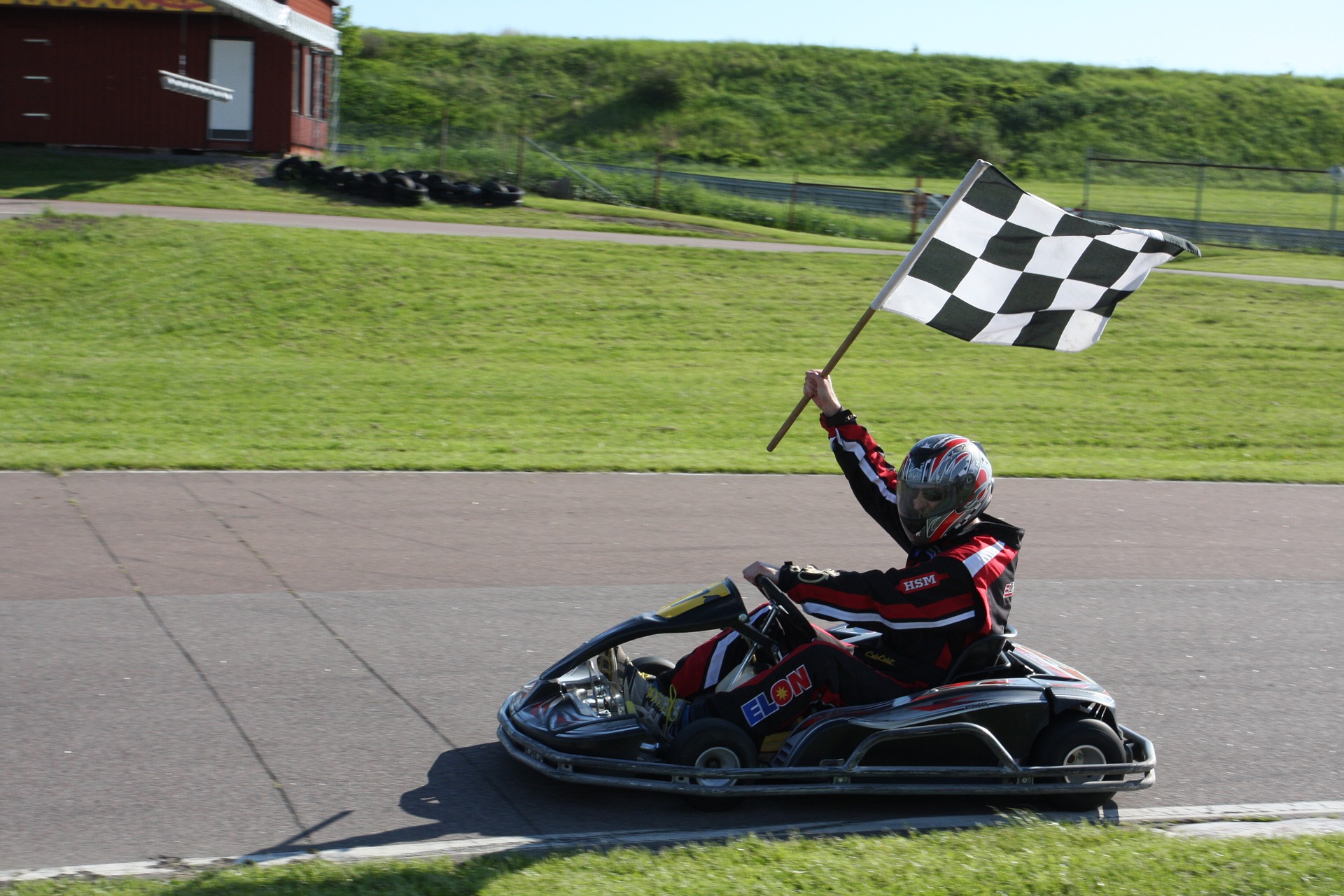Compassion is not simply vehement expression of a point of view.
Theodore Dalrymple.
I ran across this quote last year (school year) at some point and it struck me as immensely simple and yet it captures something that we as a society often ignore. The loudest voices crying out about conditions of migrants on our southern border (this is the topic that seems to bring it out the most. OK, and homelessness on occasion) have never been to the border nor are they among those donating on a regular basis to organizations working there. It’s not easy to visit the border, and you cannot simply visit a migrant ICE camp/detention center. Many, if not most (please note, I did not say all…) of those making snarky, highly disapproving comments, or posting the latest meme du jour, are doing so only to “prove” that they are compassionate, loving people. However, simply screaming that this is a terrible thing, that these are terrible conditions does not make one compassionate. It makes one loud, and deaf to any possible solutions beyond “Don’t do it that way!”. So, what can be done? I’m not asking for or suggesting that I have solutions to the border crisis (it must be one now since CNN has finally used the word “crisis.”) Rather, I’m asking or talking about how does one deal with the loud, yet inactive, compassion-mongers?
Pointing out that such conditions have existed on our southern border for at least 10 years does no good. The vehement expression folks on both ends of the political spectrum prefer that such conditions be the fault or creation of “those guys”, not “us.” Politicians are too busy using (and essentially maintaining) deplorable conditions for their own benefit. Re-election bids, fundraising, again…pointing out how compassionate they are (while voting down some bills because the other party sponsored it and by God they are not going to “betray” their constituents by voting for something “they” created!)
I argue that this turn towards “vehement expression of a point of view” has resulted in the virtue-signalling culture we see on TV, on social media, and hear from celebrities and politicians. “See? I’ve noticed this and I don’t like it. OK, I’m done.” It’s useless and pointless, except that it keeps Twitter from banning you and YouTube from demonitizing you and your friends, followers and fans from abandoning you as a do-nothing loud-mouth. The same virtue signallers are also the very same people who often and frequently call out those who do not do the same. Or, they jump on some small, insignificant comment, word use, or whatever, to deflect from your actual point and to deflect from the fact that they got nothing in response. My cousin actually did this to me last week. I used “they” to refer to a group that had been under discussion for at least 10 minutes, and he had to jump in with “Now, don’t say “they” it’s not all of that group.” I looked at him and said, “That’s not what I said. It should be clear from the context of this conversation that I am referring to the group under discussion for the last ten minutes.” He just nodded, but at least he quit with the virtue signalling. But then, it’s what he does. Fortunately, he doesn’t do it often. But, I do think I was the first in the family to call him on it.
Another way people do the “vehement expression” thing is to put signs in their windows and bumper stickers on their cars. You know the ones…you see them all over. Not just “Black lives matter”, or “Blue lives matter”, but those “Hate has no home here”. Those signs. Those views are obviously important to those individuals, but why must it be announced to the world? Is it not enough to know that you don’t hate? Or that you don’t support police brutality? Or that you do think the police are not all evil? Why is it so important to be publicly vehement in the expression of your point of view? How have you diminished the problem with your bumper sticker?
I try to deal with or shut down virtue signalling with comments like my response to my cousin or the simple question of “Well, what do you propose?” That forces those doing the calling out to think about solutions rather than scream about the problem without offering any alternatives. Of course, the signaller may simply continue screaming as they actually have no answers or suggestions and do not want to admit that. Coming up with coherent responses involves thought and too many people avoid that as too much work.
Vehement expression/virtue-signalling does not advance the conversation, nor does it create any workable solutions. It’s designed to make the speaker look good in their own eyes (see, I said I don’t like it, that makes me a good person), and in the eyes of those they seek to impress (whether that actually works is up for debate). I try to pay attention to what I say when I express an opinion or a point of view and make sure that I can actually back up my opinions with facts. I also try to make sure my compassionate view can be supported by compassionate work (this is more difficult, but it’s more effective than simply getting louder).
In the end, yes, you can feel compassion about issues you can not immediately affect. However, to be a compassionate person, you need to do more than yell louder or unfriend someone or change your FB profile picture. You need to act with compassion where possible. Respect people and start from the idea that they mean well and are doing their best. Don’t make assumptions about their motivations or otherwise. Let them show it in their actions themselves.
Image by mohamed Hassan from Pixabay



